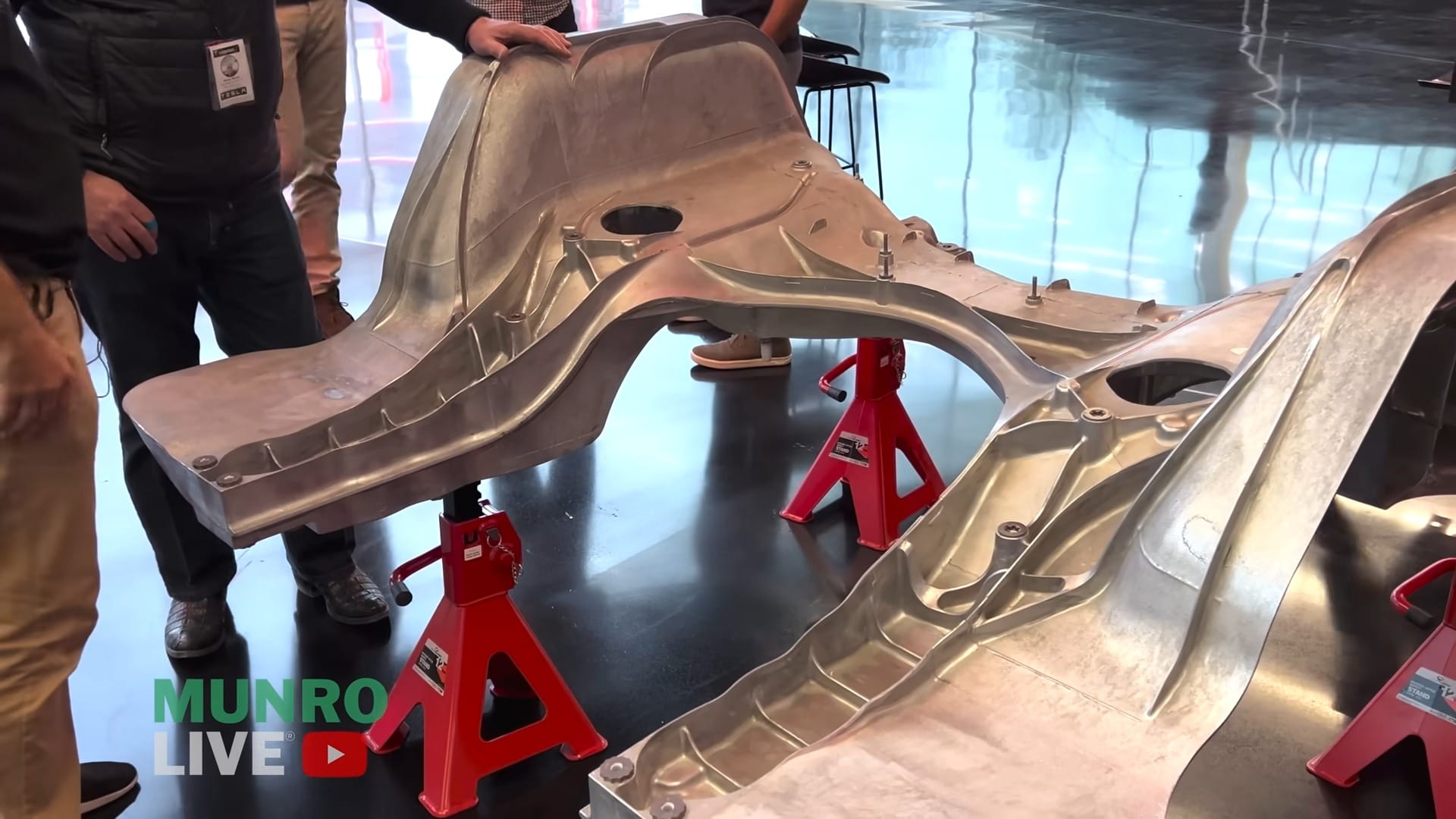Geico has addressed the concerns raised by owners of the Cybertruck regarding denied insurance renewals. The company pointed to the vehicle’s weight and high repair costs as contributing factors, stating that "some customers may have received notices indicating that PPA insurance would not be renewed for this vehicle."
Availability of Insurance
Despite these issues, Geico continues to provide private passenger automobile (PPA) insurance for the Cybertruck. For those who do not meet the criteria for PPA, Geico suggests considering their commercial vehicle policies as an alternative.
Geico offers coverage nationwide for the Tesla Cybertruck. Due to its gross weight and the challenges related to parts availability for repair shops, some customers may have received notifications about the non-renewal of PPA insurance for this specific vehicle. However, insurance policies for the Cybertruck have always been accessible through the commercial insurance division, and PPA is still available. Geico plans to contact any customers who might have gotten a non-renewal notice.
Cost Implications
While it may seem unusual to cite the Cybertruck’s gross weight, which ranges from 8,834 lb (4,007 kg) to 9,169 lb (4,159 kg), as a reason for insurance cancellation, the difficulties in repairs certainly make sense. Geico has pointed out the shortage of Cybertruck parts as a justification for denying policy renewals, and evidence from rental companies with electric vehicle fleets supports this perspective.
Hertz recently held a major sale of its Model 3 fleet, not just because they purchased the vehicles at high prices but also because repairs were slow and their insurance costs were quite high. Research by Gartner indicates that by the time electric vehicle prices match those of gas-powered cars, repair costs and insurance rates are expected to soar.
Future Trends
By 2027, it’s anticipated that the average cost for a serious accident repair involving an EV body and battery will rise by 30%. Consequently, vehicles that experience collisions may be more likely to be written off entirely, as repairing them could exceed their remaining value. Additionally, higher repair costs may lead to increased insurance premiums or even result in insurance companies declining coverage for certain car models.
The high costs of electric vehicle repairs are partly due to the limited availability of replacement parts and the extensive use of gigacasting in manufacturing, including for the Cybertruck. As Tesla’s chief engineer Lars Moravy explains, the front and rear gigacast sections of the Cybertruck act as crush cans with built-in crumple zones. If these sections are damaged in an accident to protect passengers, it leads to significant repair expenses for insurers.
In the UK, insurers have either refused to cover the Model Y or imposed steep premiums due to the high costs associated with repairing its gigacast rear. In response, Tesla redesigned this component and provided it to repair shops at cost, along with tutorials for replacement, to ease the insurers’ concerns.
Insurers’ Reactions
Similar issues may be influencing Geico’s justification for the Cybertruck’s high repair costs in relation to insurance renewals. Other insurers in the US are also recognizing these trends; a prospective Progressive customer received a rejection letter for a new Cybertruck insurance policy after coming from Geico.
Even when Geico does offer PPA insurance for the Cybertruck, the costs can be quite steep. One owner reported being quoted $3,185 for a six-month insurance term.
MunroLive (YT), TorqueNews’



Leave a Reply